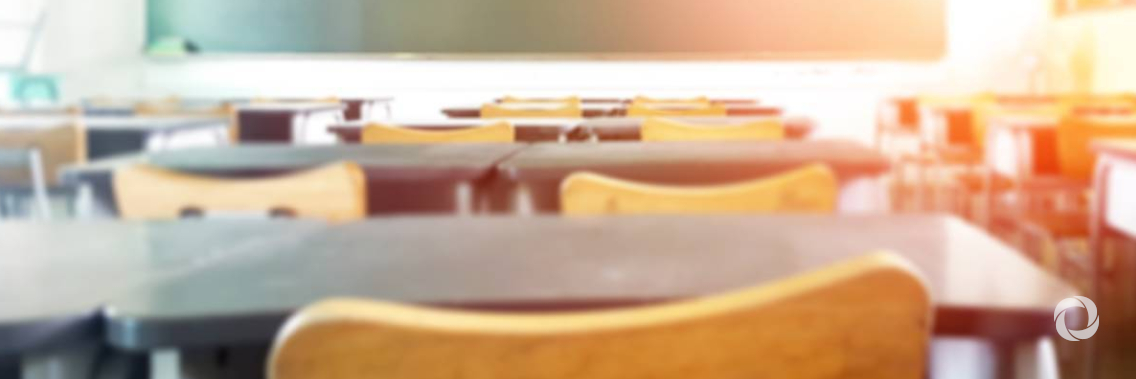As school closures impact nearly 80% of the world’s student population, UNESCO convened an online meeting of an ad hoc group of education ministers who shared information about scaled-up measures deployed in their countries to support teachers, parents and students in coping with home learning. They also pointed to emerging challenges that require global cooperation.
The ad hoc Group, set up after the first online meeting of education ministers organized by UNESCO on 10 March, consists of 11 countries from all regions: Costa Rica, Croatia, Egypt, France, Iran, Italy, Japan, Mexico, Nigeria, Peru and Senegal.
Over the past 10 days, the number of students affected by school and university closures in 138 countries has nearly quadrupled to 1.37 billion, representing more than 3 out of 4 children and youth worldwide. In addition, nearly 60.2 million teachers are no longer in the classroom.
Opening the meeting, UNESCO Director-General Audrey Azoulay stressed that the “the responsibility to act is a collective one,” and announced the forthcoming establishment of a Global Covid-19 Education Coalition to further mobilize the expertise of multiple partners and strengthen support to national educational responses.
While the focus during the early days of school closures was on deploying distance learning solutions, the spotlight has shifted to supporting teachers and families.
“More than ever, learners need to be accompanied as much academically as emotionally,” said Stefania Giannini, UNESCO’s Assistant Director-General for Education. “This is a wake-up call for education systems to place dedicated efforts on socio-emotional skills – empathy and solidarity,” she said.
In addition to virtual platforms, all countries are using public television to provide courses for students of all ages as well as training to teachers.
“Only 60% of students have internet so we had to provide a mix of distance education with open TV to reach everyone,” said Mexico’s Minister, Esteban Moctezuma Barragán, who added that his country is also exploring strategies to reach children with special needs.
Actions to counter inequalities were raised by several ministers. Italy announced an €85 million package to support distance learning for 8.5 million students and improve connectivity in isolated areas.
Peru translated contents into 10 indigenous languages and developed materials on the socio-emotional aspects of education to help learners deal with isolation.
Providing a global update on the pandemic that now affects 200 countries, Khassoum Diallo from the World Health Organization underlined that preparedness has to be strengthened in all countries, stressing the need for intersectoral approaches.
Original source: UNESCO
Published on 24 March 2020

